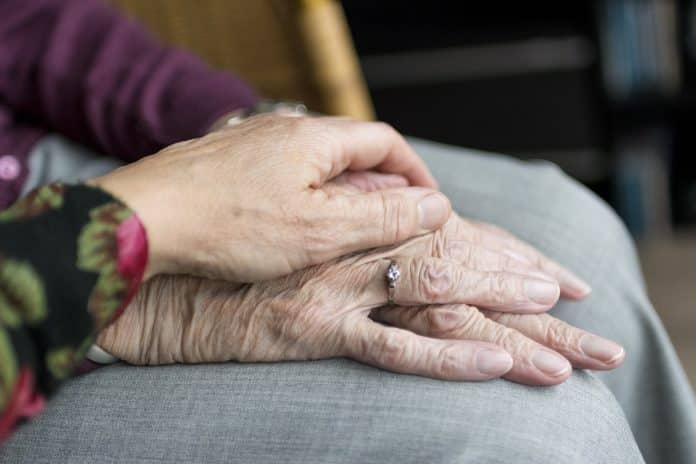
Fostering independence among seniors is a nuanced endeavor that requires dedication, understanding, and a comprehensive approach to care. As the population ages, the demand for professional caregivers who can enhance the daily lives of seniors while respecting their autonomy has never been more critical. This article delves into how professional caregiving impacts senior autonomy, emphasizing the importance of personalized care plans, the integration of technology, and the transition to nursing homes when necessary.
The Role of Professional Caregivers: Enhancing Daily Life for Seniors
Professional caregivers play a pivotal role in enhancing the daily lives of seniors. Their responsibilities extend beyond basic care tasks to include fostering emotional connections, encouraging physical activity, and providing companionship. These caregivers are trained to recognize the capabilities and limitations of each senior, ensuring that care is tailored to promote independence while offering the necessary support.
Embracing Technology: Tools and Innovations in Modern Caregiving
Technology has significantly impacted the field of caregiving, introducing tools and innovations that support senior independence. From medical alert systems to telehealth services and medication management apps, these technological advancements provide seniors with the means to maintain their autonomy. Caregivers are now better equipped to monitor health remotely, respond to emergencies swiftly, and ensure that seniors have access to care when they need it.
Navigating the Emotional Landscape: How Caregivers Support Mental Health and Well-being
Caregivers are crucial in supporting the mental health and well-being of seniors. By recognizing the signs of loneliness, depression, and anxiety, caregivers can take proactive steps to engage seniors in social activities, encourage meaningful hobbies, and facilitate connections with family and friends. This emotional support is essential for preserving autonomy, as it empowers seniors to feel confident and valued in their community.
Transitioning to Nursing Homes: Preserving Autonomy in a New Setting
For some seniors, a transition to a nursing home may become necessary for their well-being. In locations such as Overland Park, KS, nursing homes are designed with the senior’s autonomy in mind. These facilities offer a balance between providing comprehensive care and allowing residents to maintain a sense of independence. Nursing Homes Overland Park KS are known for their efforts to create environments that respect the individual needs and preferences of their residents, ensuring that the transition to a nursing home setting does not equate to a loss of autonomy but rather a continuation of personalized care.
Physical Health and Mobility: Tailored Approaches to Foster Independence
Maintaining physical health and mobility is fundamental for senior independence. Professional caregivers provide tailored exercise programs, mobility aids, and physical therapy sessions designed to enhance strength, balance, and flexibility. By focusing on physical well-being, caregivers help seniors maintain their ability to perform daily tasks and engage in activities they enjoy, fostering a sense of autonomy.
Challenges and Solutions: Overcoming Barriers
Overcoming barriers to autonomy in elder care requires innovative solutions and adaptability. From addressing mobility issues with adaptive equipment to combating social isolation through community programs, caregivers and families must be prepared to tackle challenges head-on. By remaining committed to finding solutions that prioritize the senior’s independence, caregivers play a crucial role in enhancing the autonomy of the elderly.
The Future of Senior Care
The future of senior care is poised to further enhance autonomy and independence, driven by advancements in technology, evolving care models, and a deeper understanding of senior needs. As the focus on personalized, holistic care continues to grow, the role of professional caregivers in fostering independence among seniors will become increasingly important, ensuring that seniors can lead fulfilling lives on their own terms.























